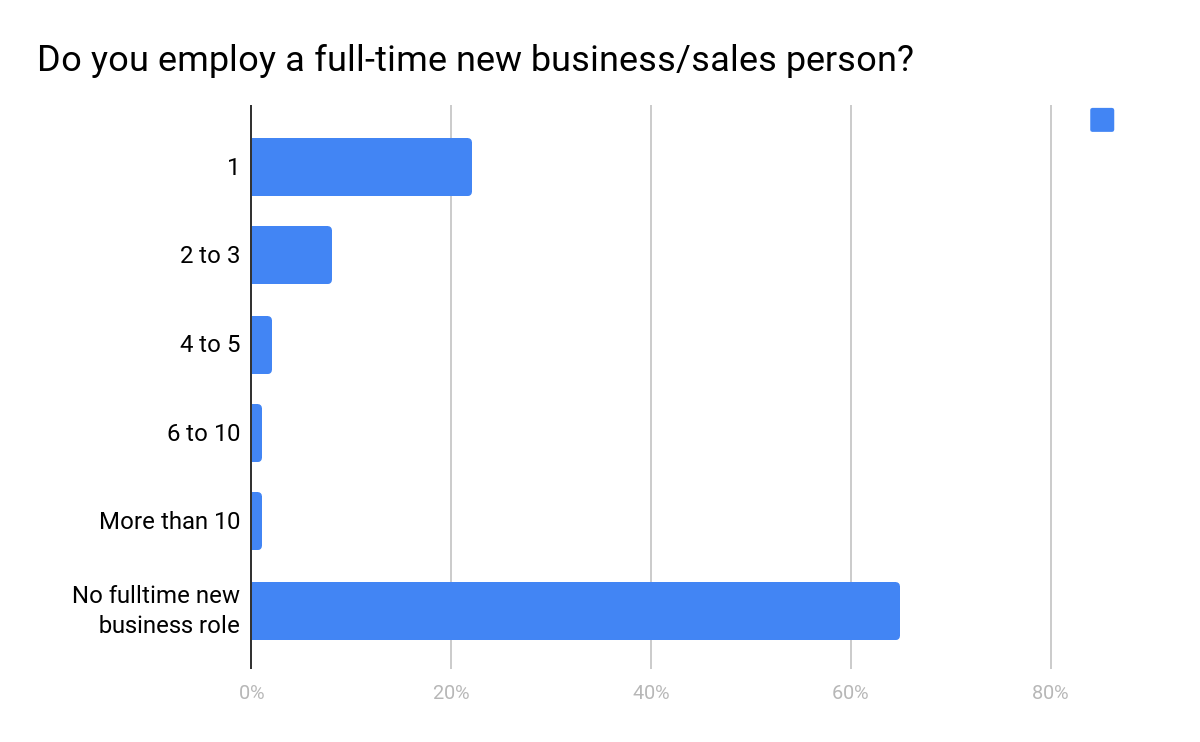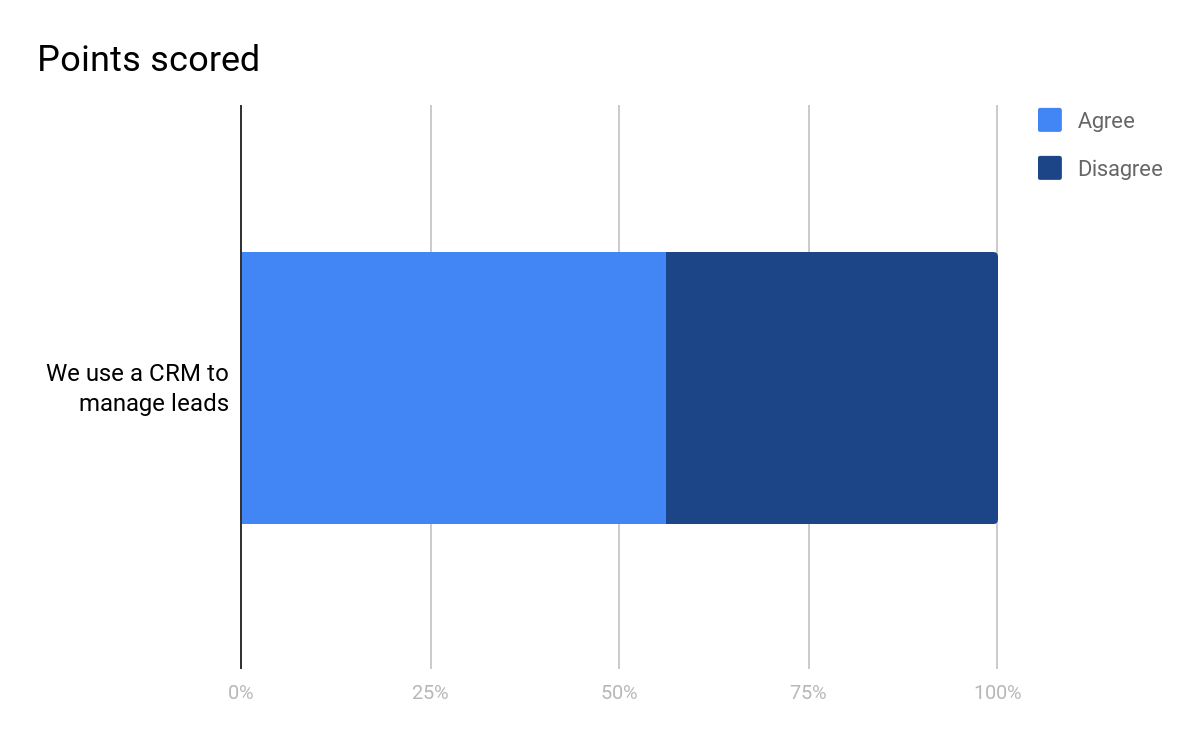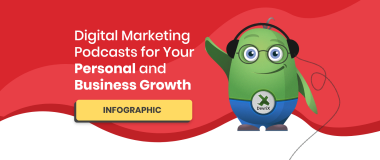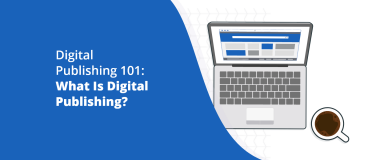A prospective client can make a startlingly quick decision on whether or not to work with an agency based on their first interaction. A secret to understanding how to bring in new business to your agency is to focus just as much time and attention on the first interaction as you would on the closing call.
After spending several months working with the agencies listed in our agency directory, I have learned the ins and outs of how clients go about picking an agency. While the closing call is an essential part of obtaining new business; your agency is usually competing with a small pool of other agencies.
Perhaps, by that time, the client has narrowed down their search to just your agency. When the prospects first start their search, they are going to cast a wide net. How you treat them during your first interaction will decide if you have a chance to make that closing call. Below are five steps on how to handle the beginning of the sales process with a new prospect.
1. Respond Quickly Acknowledging You Received the Prospect’s Request
Prospects will employ strategies to weed out agencies. How quickly an agency responds to an initial outreach query is one part of that strategy. Replying within the first twenty-four hours is essential. After speaking with clients using our directory, I found they would reach out to eight different agencies and only take meetings with the first four agencies to respond. It may not be a fair way to determine which agency has the best potential, but since clients use this as a test, agencies should take responsiveness to heart.
A simple message that confirms you have received the message works. You don’t need to have all the answers. Send over a link or some meeting times so you can schedule a phone call. If the prospective client asked for references or answers to specific questions, acknowledge them and give a time frame for when your agency will have answers. Responsiveness is particularly hard since most agencies don’t employ a full-time new business representative.
In order to respond within twenty-four hours, treat replying to new prospects as a team-wide initiative. If everyone chips in, you can respond to every message.
 (from HubSpot’s Agency and Financials Report)
(from HubSpot’s Agency and Financials Report)
2. Don’t Wait to Highlight What Makes Your Agency Different
If you spend time working with digital agencies, you will hear a pretty consistent message when it comes to specializing in an industry or service (sometimes called vertical specialization). The typical response is that agencies don’t want to turn away prospective clients by focusing on specific service or industry. The pros and cons of specializing would fill up another blog post, but when dealing with a new customer, don’t hide what you do well.
Lead with what your agency does best. Clients are always trying to separate the high achievers from the pack. Highlighting your agency’s specialty right away can give you an edge.
“Position of strength for prospecting: valid experience, persuasive case studies, point of view on industry/consumer.” @bobwiesner #mirren
— Peter Caputa IV (@pc4media) May 2, 2012
3. Use a CRM, Take Good Notes and Remember Key Metrics
One client that I spoke with recently complained bitterly to me about getting on the phone with an agency and being forced to repeat key facts about their business. The agency had brought on a more senior employee for the second call but had failed to brief that person on the details of the first call. An easy mistake to make, but one that’s avoidable by investing in the technology to keep track of your conversations. Don’t rely on remembering to catch up with your internal group before calls.
It’s important to pay attention to key metrics and business terms. If you are working with a SaaS company, they are going to care about metrics like Lifetime Value and Churn rates. As an agency, if you get on the phone during the sales process and don’t bring up the correct metrics you are most likely going to lose that client.
 (from HubSpot’s Agency and Financials Report)
(from HubSpot’s Agency and Financials Report)
4. Follow Up and Keep Your Promises
When you say you will follow up with case studies, do it. When you promise to diagnosis a problem with the prospect’s site and offer several recommendations, do it. Making promises and not following through on them is a guarantee that you will lose points with your prospective client.
It’s always going to be easier for the client to delay the final decision on working with an agency. Unless it’s an urgent situation, the sales cycle can drag on for several months. If the client does not ask you to stop following up, a periodic touch base email can keep the decision top of mind. Rather than sending a generic, “Please let me know what’s happening! ” email, personalize the message. Send them a new case study, a news article or some other kind of content that’s related to their problems or industry.
5. Rejoice in Your Wins, Don’t Mourn Your Losses for Too Long and Move on When You Know It’s Not a Good Fit
Worse than losing out on new business is when an agency decides to work with a client despite having reservations. A short but stressful experience with a difficult client can have far more damage to an agency than simply losing out on a new business opportunity.
You might lose a valuable staff member or risk doing months of work and not getting paid. If you sense the client is going to be difficult, don’t hesitate to tell them it’s not a good fit and suggest a few other agencies—or ways to find agencies—so as to not burn any bridges. If you have been burned before, bring other members of your agency into the sales process so that you have different perspectives on the prospect.
It’s worth spending a few minutes discussing with the larger team why you lost out on a new opportunity. Learn from your mistakes and document the process so you have reference points for the future. If you felt the situation was perfect and can’t understand why the prospect did not choose your agency, a short note asking for a few details from your point of contact is completely reasonable.
Enjoy your victories and don’t stress about not closing every prospect. Remember you may have new opportunities coming into your inbox and answering those fast pays off.
“Companies that try to contact potential customers within an hour of receiving queries are nearly 7 times as likely to have meaningful conversations with key decision makers as firms that try to contact prospects even an hour later. Yet only 37% of companies respond to queries within an hour.”
(From Harvard Business Review)
Author Bio: Tim Dearlove works at HubSpot as a Growth Marketer for their Agency Partner program. He has worked at HubSpot for over 5 years. He is focused on helping agencies grow and scale their business.




![Influencer Marketing Statistics Every Business Should Know [Infographic]](https://devrix.com/wp-content/uploads/2019/10/Influencer-Marketing-Statistics-Every-Business-Should-Know-Infographic@2x-380x160.png)